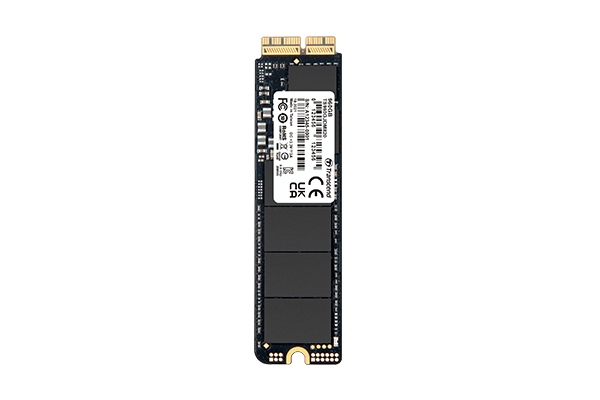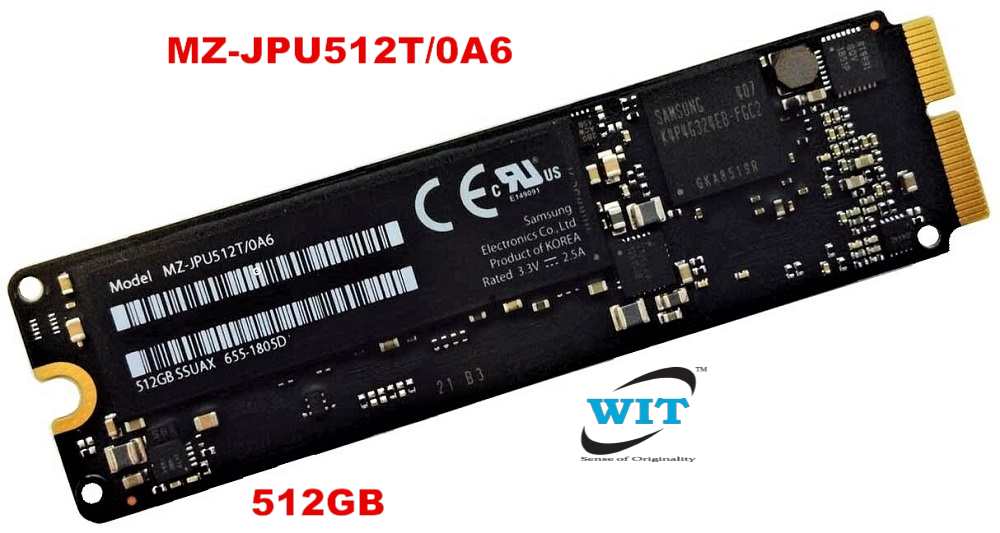

- #DOES A 2015 MACBOOK PRO SSD DRIVE SERIAL#
- #DOES A 2015 MACBOOK PRO SSD DRIVE UPGRADE#
- #DOES A 2015 MACBOOK PRO SSD DRIVE PC#
- #DOES A 2015 MACBOOK PRO SSD DRIVE MAC#
Note: Before replacing your internal hard drive, you can consider backing up or cloning your original hard drive to the new one in order to make the upgrade process as seamless as possible. The Medium Type and Protocol attributes describe the type of internal storage implementation.
#DOES A 2015 MACBOOK PRO SSD DRIVE MAC#
So, before upgrading your internal MacBook storage, you should ensure the type of storage it implements, as none of them are inter-compatible. You can easily find out what internal storage type your Mac implements by accessing the Storage tab in System Report…Ĭlick on the Apple Logo on the top left corner > About This Mac > System Report > Storage (under Hardware), and look at the Physical Volumes (or Physical Drive for some MacBook models) section. Eventually, SATA-based SSDs were replaced with PCIe-based flash storage in later MacBook models, which supports faster data transfers (up to 25 Gbits/s in case of PCIe 3.0).

The first of the flash storage based MacBooks implemented SATA interfacing, which supports transfer speeds of up to 6 Gbits/s (in case of SATA III). Most of the earlier MacBook models (before mid 2012) have standard rotational hard drives, while most of the post mid 2012 models (particularly the Retina ones) have SSDs (flash storage).Įven for MacBooks based on flash storage, its implementation varies in different models.

Apart from capacity, MacBook drives also differ in technology.
#DOES A 2015 MACBOOK PRO SSD DRIVE PC#
Most PC programs and data fit comfortably within a system's DRAM memory, so there are few disk input/output (I/O) requests made from the main storage. But a lot of the PC SSD market will be upgrades to older PCs, "so SATA will remain strong in that market for the next 5+ years," he said.Ī big question is whether higher performance in an SSD will make much difference to an end user, Handy said. Handy believes M.2 PCIe SSDs will "sweep" the new PC market within two years. Looking forward, Janukowicz said he expects to see more PC makers using PCIe/NVMe drives, but he doesn't expect them to be broadly available until later in 2017.

"If they both cost the same, then why use SATA?" Handy said in an email reply to Computerworld. It's not a surprise, Handy said, that Apple settled on PCIe, as the price for the controllers are already approaching those of SATA controllers. The best consumer SATA III SSDs today become saturated at about 500MBps, according to Jim Handy, an analyst with Objective Analysis. "They were the first PC company to broadly adopt it across its laptop portfolio while other companies today are still just using it in a very limited portion of their PC lineup."īy adopting the PCIe/NVMe standard, Apple has been able to deliver higher performance in terms of read/write speeds and latency when compared to traditional SATA-based PC designs, "thus, making the new MacBook Pro more responsive and faster," Janukowicz said. "With regard to PCIe, Apple has been a pioneer when it comes to PCIe/NVMe storage," said Jeff Janukowicz, research vice president at IDC. In addition, the newest PCIe SSDs use the NVM Express (NVMe) or Non-Volatile Memory Host Controller Interface Specification, which is a logical device interface for accessing flash storage via the PCIe bus. PCIe, which stands for Peripheral Component Interconnect Express, uses a switch architecture that has multiple end points to allow the sharing of one end point with multiple end devices.
#DOES A 2015 MACBOOK PRO SSD DRIVE SERIAL#
Serial ATA, the most common interface for consumer NAND flash products, communicates through a high-speed serial cable over two pairs of conductors. Apple has led the industry in using PCIe SSDs in its laptops, a move some tech pundits say may have sparked an industry-wide trend to adopt the technology more quickly.


 0 kommentar(er)
0 kommentar(er)
